SUPPLEMENTARY MATERIAL
TOOLS FOR DIETARY ASSESSMENT
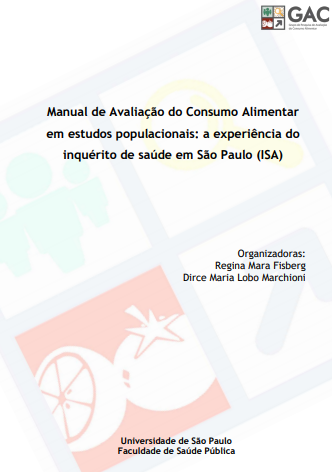
MANUAL DE AVALIAÇÃO DO CONSUMO ALIMENTAR EM ESTUDOS POPULACIONAIS - Portuguese
This is a tool developed from the experience of the São Paulo Health Survey (ISA-2008) to guide a dietary survey in population-based studies. Based on ISA-2008 experience the authors present a step by step instrument to help researchers in dietary assessment in an epidemiological context.
LANGUAGE: Portuguese
PUBLICATION: 2012
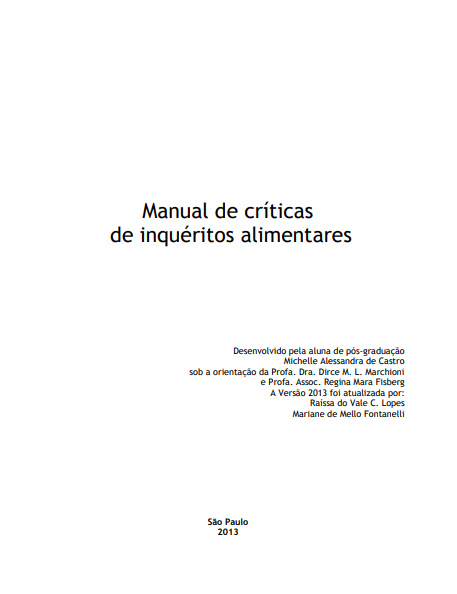
MANUAL DE CRÍTICAS DE INQUÉRITOS ALIMENTARES - Portuguese
This is a tool developed from the experience of the São Paulo Health Survey (ISA-2008) to guide a dietary survey in population-based studies. Based on ISA-2008 experience the authors present a step by step instrument to help researchers in dietary assessment in an epidemiological context.
LANGUAGE: Portuguese
PUBLICATION: 2012
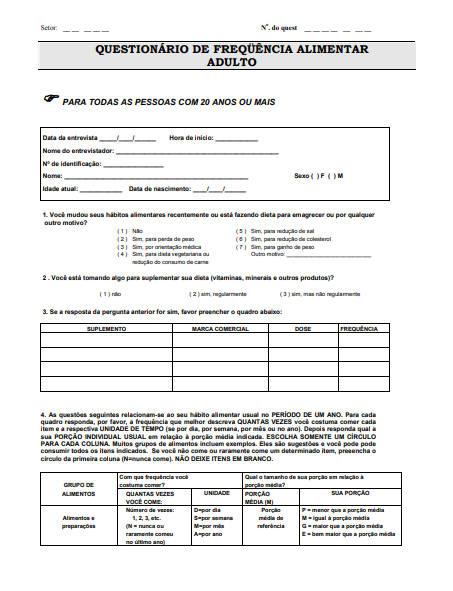
FOOD FREQUENCY QUESTIONNAIRE (FFQ) - Adults
A food frequency questionnaire (FFQ) consists of a finite list of foods and beverages with response categories to indicate usual frequency of consumption over the time period queried. Because an FFQ is composed of a pre-specified food list, any single FFQ may not reflect the eating patterns of a given population. Thus, the performance of a particular FFQ in a particular population may not reflect its performance in a different population. This FFQ is validate for adults (20 years +) from São Paulo, Brazil
LANGUAGE: Portuguese
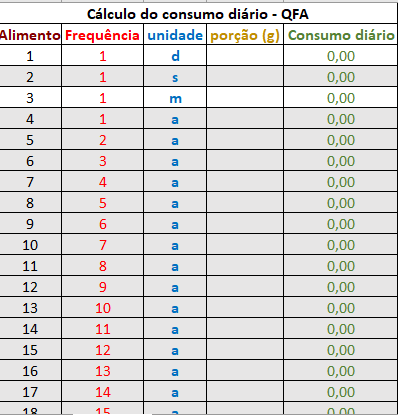
MEASURING DAILY INTAKE FROM A FFQ
This spreadsheet will automatically convert the intake reported on the FFQ into daily intake.
LANGUAGE: Portuguese
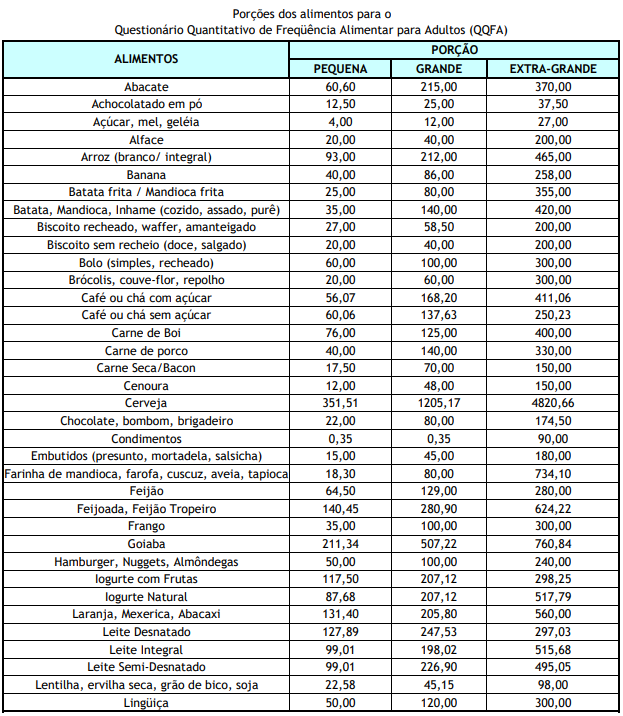
TABELA DE PORÇÕES DE ALIMENTOS (QFA Adultos)
Tabela de porções de alimentos para o Questionário de Frequência Alimentar (Adultos)
LANGUAGE: Portuguese
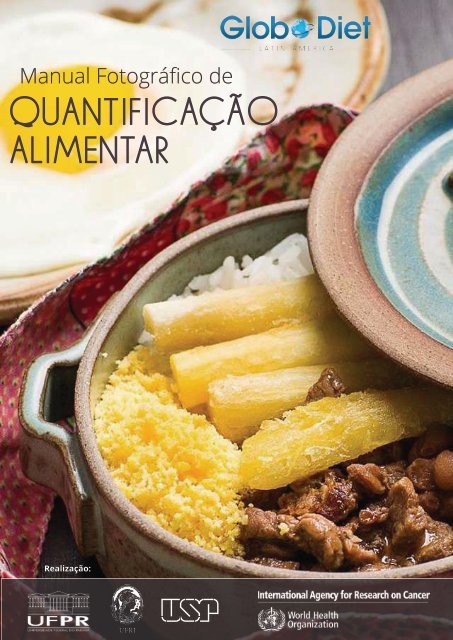
MANUAL FOTOGRÁFICO DE QUANTIFICAÇÃO ALIMENTAR
This photo album contains food portions and models, as well as home measurement photos, and was developed to help quantify food intake in Brazil using a 24-hour computerized recall method (GloboDiet Software). There are 96 foods in the album, 14 food models and 16 home measures in various sizes.
LANGUAGE: Portuguese
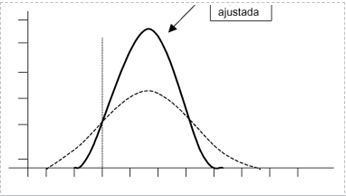
MULTIPLE SOURCE METHOD - MSM: CONVERTING ACTUAL IN USUAL DIETARY INTAKE
The Multiple Source Method (MSM) is a technique suitable to estimate individual usual intake in the case of many repeated measurements and a long time period. The method is applicable to nutrient and food intake including episodically consumed foods. In this tutorial
LANGUAGE: Portuguese
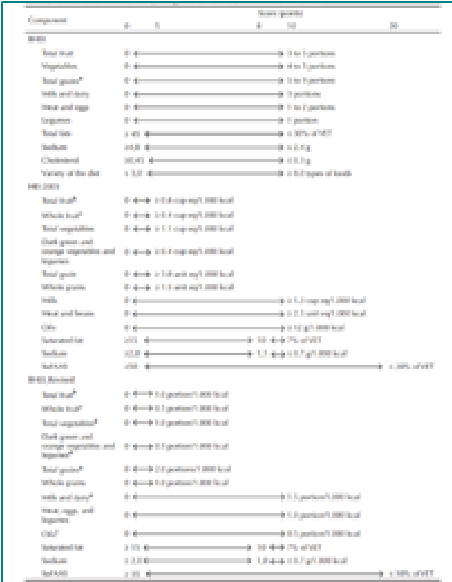
SCRIPT TO CALCULATE THE BRAZILIAN HEALTHY EATING INDEX-REVISED (BHEI-R)
The revised version of the Brazilian Healthy Eating Index is an indicator of dietary quality developed according to nutritional recommendations for this population. The Revised Index consists of 12 components: nine food groups included in the 2006 Brazilian Dietary Guidelines, in which daily portions are expressed in terms of energy density; two nutrients (sodium and saturated fats), and SoFAAS (calories from solid fat, alcohol and added sugar).
LANGUAGE: Portuguese
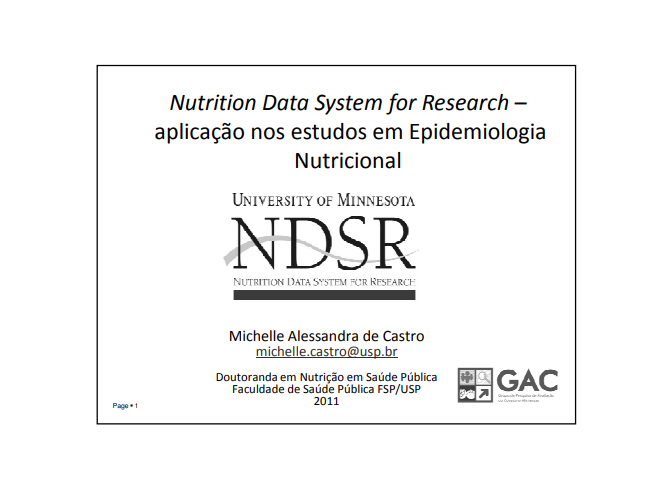
GUIDE TO NUTRITION DATA SYSTEM FOR RESEARCH (NDSR) SOFTWARE
Nutrition Data System for Research (NDSR) is a Windows-based dietary analysis program designed for the collection and analyses of 24-hour dietary recalls, food records, menus, and recipes. Calculation of nutrients occurs immediately providing data per ingredient, food, meal, and day in report and analysis file formats
LANGUAGE: Portuguese

GUIDE TO ENERGY ADJUSTMENT - RESIDUAL METHOD
Energy adjustment is an analytic method by which nutrient and food group intakes are evaluated in relation to total energy intake. It is useful in mitigating the effects of measurement error in data collected using self-reported dietary assessment instruments. The residual method, proposed by Walter Willet, estimates the residual from a regression model in which total energy intake is the independent variable and absolute nutrient intake is the dependent variable. Thus, the residual is an estimate of nutrient intake uncorrelated with total energy intake and directly related to overall variation in food choice and composition.
LANGUAGE: Portuguese

HEALTHY SURVEY OF SÃO PAULO - ISA-CAPITAL: SAMPLING
The ISA-Capital was a household cross-sectional, population-based survey that used stratified, multistage sampling to create a representative sample of permanent residents from the urban area of São Paulo. These tutorials are explaining the sampling processing for the survey.
LANGUAGE: Portuguese